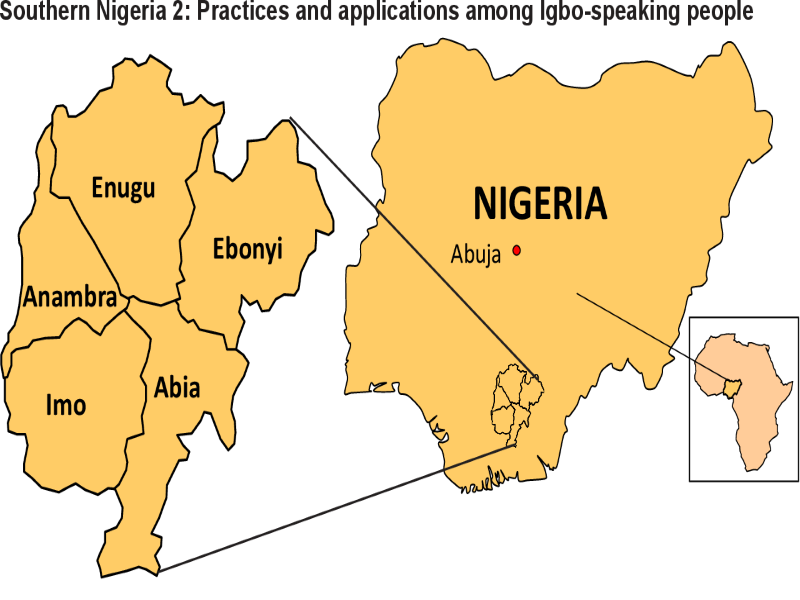THE up-to-the-minute squabbles between Anambra state government and Ebonyi House of Assembly is to say the least uncalled for and trivial. The state governor, Chief Willie Obiano renamed the old ‘Abakaliki Street’ in Awka to “Club Street’ purportedly to synchronize the master-plan. Consequently, he designated another street the government considered suitable and more strategic for its swap.
Unfortunately the development was probably misunderstood, hence offensively rebuffed by the Ebonyi lawmakers leading to a seven-day ultimatum slammed on Obiano to revert to status quo ante or face their sanctions. Since then, it has become a supremacy battle, funnily through press wars with threats of sanctions if unheeded. But the question is, is a trifling issue as this amongst the reasons why lawmakers are elected into offices by the people?
The sanctions reportedly included having all the institutions, streets and monuments named after Anambra indigenous people scrapped or renamed in Ebonyi state. However, the state government through its spokesman, C. Don Adinuba debunked malice but elucidated that the contentious area is over the years notorious as a dungeon; a slum with shanties and illegal structures where prostitution and other illicit activities triumph, and added that the government merely did sensitive restructuring exercise which didn’t erase the state’s name in the state capital as purported but a strategic swap noting that the two states are brothers and sisters that have maintained harmonious relationship over the years.
Obviously, issues of this nature are best resolved through channel of mild communication and dialogue especially for two states under a geopolitical zone, and not by ultimatum as issued by the protesting lawmakers let alone through the media. The simple truth is that Anambra or any other state doesn’t require permission or consultation with another state to embark on restructuring exercise within its landscape especially to restructure its facilities. The appropriate action on discovery of the renaming exercise would have been to send delegation to the state government for firsthand fact-finding, explanations and motives for such action rather than dangling on assumptions.
In structured system, to pass a resolution directing another state government to comply is alien, aberration and amounts to legislative rascality. The reason is that resolutions at plenary can only be implemented when reasonable, realistic and within jurisdiction. The worst part is the press war adopted to deal with a matter that should soundlessly be handled by the two state governors without third-parties’ knowledge. Nonetheless, as long as a new place was designated for its swap, apparently, no harm was done except a mischief could be substantiated or it could be established that the area has exceptional interests that characterize Ebonyi and its people which may be jeopardized if altered. Above all, change is always constant.
Thus, it calls for maturity, understanding, mutual respect and cooperation. It is never an issue that should be subjected to open show of muscles or ultimatum but reverence and dialogue. To forcefully demand the governor to revert is completely out of it but a tete-a-tete with the state government. For all intents and purposes, the fight is grossly trivial as it cannot add any value to the lives of indigenous people of either state. Had the fight been tied to a dispute over control of infrastructural developments or mineral resources in the area that can impact positively in the lives of the people, it would then worth the time and energy more especially sitting allowance of the lawmakers as the people deserve value for their money. Unfortunately, it is naively a fight over mere alteration of designation. Hence, there’s urgent need for restraint and to sheathe the swords in the interest of peace, unity and stability. The two states are joined at the hip and should not be seen fighting each other sadly without clearly defined purpose. Some communal disputes had in the past originated in comparable manners and degenerated to something terrible and unfathomable. Sadly, the grass-root in all the cases ended up bearing the repercussions.
To sum, a legislative house cannot go outside its territory to give orders and ultimatum to another government, instead should espouse diplomacy and internal dispute resolution mechanism. In addition, embrace protocol; by mandating its state governor who is the chief executive officer to liaise with his counterpart when there are external sketchy matters to deal with. The ultimatum should have been aptly directed to their governor to find out the reasons for such action by a sister state. Then, on the choice of ‘Club Street’ over a place that is already tainted, the state government may have to reconsider its position as the idea may not be a positive verdict in the long run vis-à-vis values and mores. It is akin to endorsing anomalies, oddities and deformities. Be that as it may, live and let live!
Umegboro is a public affairs analyst and an associate of The Chartered Institute of Arbitrators (United Kingdom). [07057101974 SMS-only]
